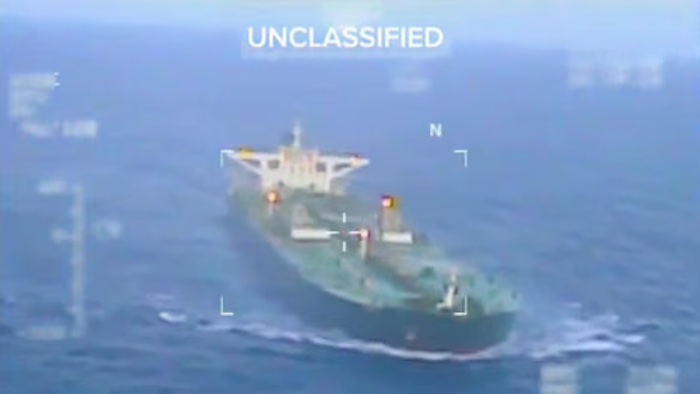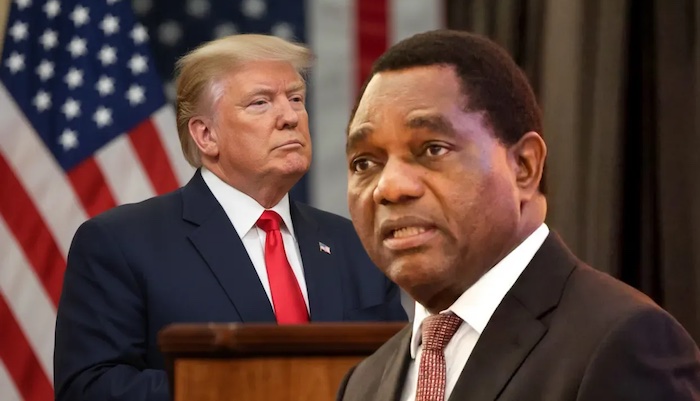As Israel presses forward with Operation Rising Lion, Russia is watching events in the Middle East with a mix of concern and calculation.
While top officials in Moscow have described the situation as “alarming” and “dangerous,” Russian state media have also emphasised the potential upsides for the Kremlin, including surging global oil prices and a welcome shift of global attention away from its grinding war in Ukraine. “Kyiv has been forgotten,” blared a headline in the daily Moskovsky Komsomolets, capturing the Kremlin’s relief at the momentary change in narrative.
Russian analysts have pointed out that the renewed turmoil could open a diplomatic door for Moscow, especially if its offer to mediate between Israel and Iran is accepted. Such a role could allow President Vladimir Putin to burnish his image as a regional peacemaker despite international condemnation over Russia’s ongoing aggression in Ukraine. However, experts also warn that the Kremlin may ultimately pay a steep price for its ambiguous posture. “The escalation of the conflict carries serious risks and potential costs for Moscow,” political analyst Andrei Kortunov wrote in Kommersant, highlighting Russia’s limited ability or willingness to intervene on behalf of Iran.
Indeed, Russia’s much-touted strategic partnership with Iran, signed just months ago, now appears toothless. Though touted by Foreign Minister Sergei Lavrov as a new era of “security and defence cooperation,” the pact does not amount to a formal military alliance.
Despite its vocal condemnation of Israeli strikes, Moscow has offered little more than rhetoric.
The optics are troubling, within months of inking a partnership, Russia is powerless to shield Tehran. The concern is further compounded by recent events in Syria, where Bashar al-Assad a long-time ally of Putin was overthrown late last year and granted asylum in Russia. The possibility of similar upheaval in Iran raises alarms in Moscow about the erosion of its influence across the region.
The war in the Middle East also threatens to overshadow Russia’s efforts to project strength on the world stage. This week, President Putin is in St. Petersburg for the annual International Economic Forum, once dubbed “Russia’s Davos.” While the event now attracts fewer Western business leaders due to ongoing sanctions and geopolitical isolation, Moscow insists that more than 140 countries and territories will be represented. For Putin, the forum offers an opportunity to signal that Russia remains globally relevant, despite efforts to isolate it diplomatically and economically since its full-scale invasion of Ukraine.
Still, geopolitics looms large. As the Kremlin navigates the shifting sands of Middle Eastern alliances, every move will be scrutinised particularly any statements from Putin about Israel’s offensive, Iran’s response, and the ongoing war in Ukraine. As Moskovsky Komsomolets put it bluntly, “Massive changes are taking place in real time which will affect life in our country, either directly or indirectly.”
Erizia Rubyjeana
The post Russia Weighs Strategic Gains Against Rising Costs in the Middle East, As Israel Strikes appeared first on Arise News.





